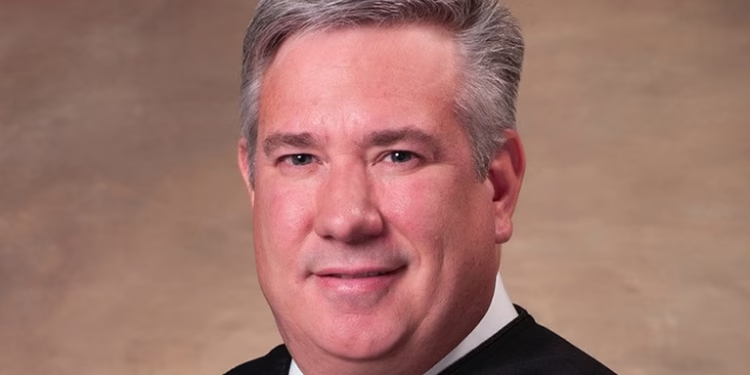The federal trial of Sean Hvizdzak, a suspended Pennsylvania attorney accused of orchestrating a multimillion-dollar crypto fraud scheme with his brother, begins Monday in Pittsburgh as prosecutors allege the pair used fake audits and false performance claims to defraud investors through a digital asset fund.
His brother Shane Hvizdzak pleaded guilty earlier this month to his role in the scheme, which allegedly diverted investor funds into luxury property and personal expenses.
According to prosecutors, the brothers solicited funds from investors under the pretense of managing a legitimate digital asset fund, but instead diverted the money into personal and cryptocurrency wallets. The government alleges that millions meant for investment were used for luxury property purchases, home renovations, and other family expenses.
The trial marks a pivotal moment in Pennsylvania’s legal landscape surrounding digital assets, as the case underscores growing scrutiny over the intersection of crypto fraud and traditional finance.
False audits and fabricated performance claims
Prosecutors allege that Sean and Shane misled investors by producing falsified audits and overstating fund performance to create the illusion of strong returns. These deceptive tactics, authorities say, helped the pair attract new investors and conceal misappropriated funds.
Sean Hvizdzak, who was suspended by the Pennsylvania Supreme Court in 2021, faces multiple charges, including conspiracy to commit wire fraud, 26 counts of wire fraud, and four counts of money laundering. His brother Shane Hvizdzak pleaded guilty earlier this month to money laundering, wire fraud, and conspiracy, admitting to his role in the crypto fraud operation.
Federal prosecutors have emphasized that Sean’s professional background as an attorney gave the scheme an added layer of credibility, allowing it to target a broader base of unsuspecting investors.
Court rulings and parallel SEC action
Ahead of the trial, a judge largely denied Sean Hvizdzak’s motions to exclude key evidence, ensuring prosecutors can present financial records and communications central to the case.
In addition to the criminal proceedings, the U.S. Securities and Exchange Commission (SEC) has filed a civil enforcement action against both brothers. That case has been temporarily stayed until the conclusion of the federal trial, as the criminal charges take precedence.
The SEC’s filings allege that the crypto fraud extended beyond individual misrepresentation — claiming it involved systematic misuse of investor capital under the guise of high-return cryptocurrency trading.
Industry experts warn of wider implications
Legal and blockchain industry observers say the Hvizdzak case could have lasting implications for professionals entering the crypto investment space.
“A verdict here could set the tone for other individuals from traditional industries, who see crypto as a great ‘get-rich-quick opportunity’ from a fund launch perspective,” — Tyler Harttraft, Partner, Bull Blockchain Law.
Harttraft, who is not directly involved in the proceedings, said the case reinforces the urgent need for transparency and accountability in emerging digital asset funds.
As the crypto fraud trial unfolds, it may signal how U.S. courts will handle future prosecutions involving digital asset mismanagement by licensed professionals — a precedent that could reshape compliance standards across the growing crypto investment ecosystem.











